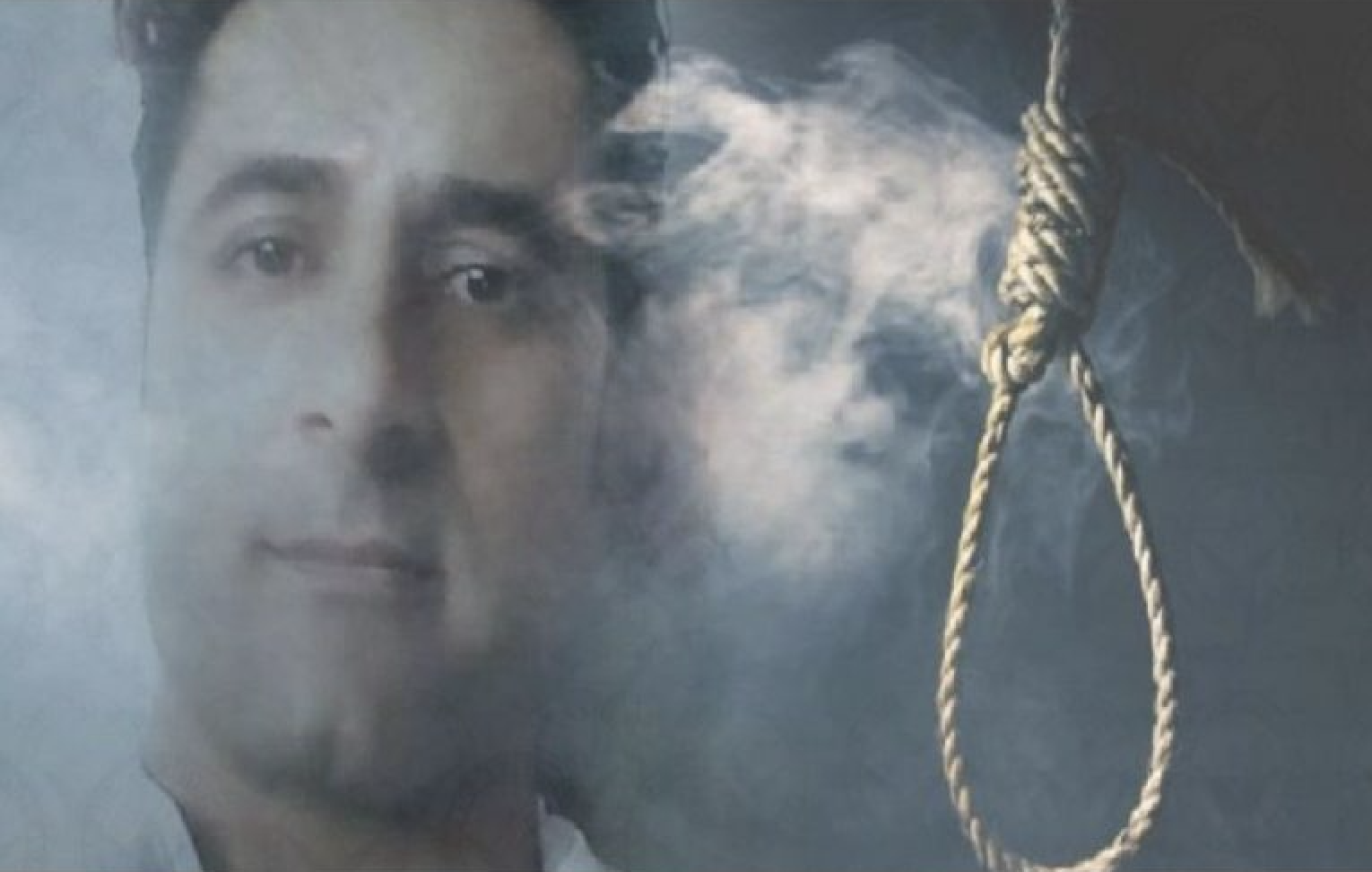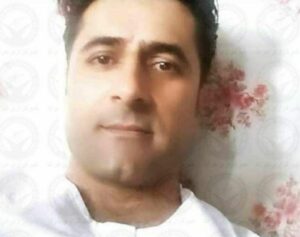On June 30, a 70-year-old prisoner who had previously been sentenced to death for the murder of his wife was executed in Mashhad Prison after 9 years.
According to HRANA, the news agency of Human Rights Activists, quoting the Khorasan newspaper, court judges first sentenced the prisoner to death, and then the defendant appealed the verdict issued by the Third Branch of Criminal Court One.
The case was sent to Branch 37 of the Supreme Court for reconsideration, but the death sentence was upheld by the judges. After the verdict was finalized, the execution was carried out.
Iran ranks first in the world in citizen executions per capita, according to international organizations. The Statistics and Publication Center of the Human Rights Activists in Iran (HRA) reported that between January 1st and December 20th of 2020, at least 236 citizens were executed.
One of these citizens was executed publicly, and two were juvenile offenders. An additional 95 citizens were sentenced to death.
According to the report, more than 72% of executions in Iran are not reported by the government or the judiciary. Human rights organizations call these “secret executions”.









